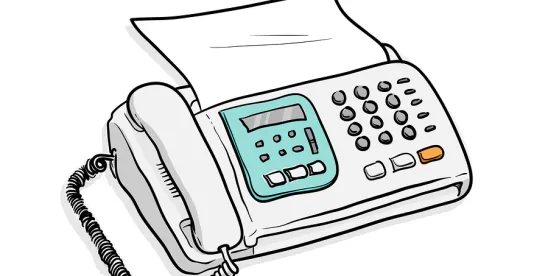The Southern District of Ohio recently denied class certification because the defendant’s unrebutted testimony—which established that its procedures ensured that faxes were only sent to those who had given their prior express permission—created individualized issues that predominated over any common ones. See Sawyer v. KRS Biotechnology, 2018 U.S. Dist. LEXIS 8595 (S.D. Oh. May 30, 2018).
The plaintiff moved for class certification based in large part on a transmission log purportedly showing that over 34,000 faxes had been sent. The defendant opposed that motion and explained that only 1,000-10,000 of those faxes had been the advertisements that the plaintiff had received. As for the recipients of those advertisements, the defendant insisted that the plaintiff was the only recipient who had not provided prior express permission. Specifically, it offered unrebutted testimony that its practice—although it was not memorialized in a written policy—was to obtain express permission prior to sending any fax. The defendant also testified that it did not fax blast advertisements to its entire list of contacts, but rather it reached out to its contacts to confirm that the contact wished to receive materials about the specific product the defendant was marketing.
The court denied the motion for class certification. It explained that the defendant’s testimony was “sufficient, non-speculative evidence that a bona fide issue of consent exists to all other faxes” and that the plaintiff was therefore required “to come up with something . . . to persuade this Court that those individualized consent issues would not drive this litigation[.]” The court rejected the plaintiff’s argument that the defendant could not rely on testimonial evidence alone, finding that both forms of evidence were probative. Because the defendant’s testimony supported the theory that the plaintiff’s receipt of an unsolicited fax was an “aberration” of the defendant’s normal business practices, and because that testimony was wholly unrebutted, individual inquires of consent predominated and prohibited class certification.
The court’s reasoning demonstrates that defendants can defeat class certification even if they have no documentary evidence regarding their past practices. While it remains a best practice to document prior express permission, business that have not done so—perhaps because, like the defendant here, they were unaware of the TCPA’s requirements—are not foreclosed from putting plaintiffs to their proofs.





 />i
/>i

